
In this unit, participants will explore how cyber operations and incidents can impact how states interact with one another. Major incidents such as Stuxnet have important geopolitical and geostrategic implications and can change the way states deal with one another.
To understand how cyber operations fit into this complex landscape, participants will first be introduced to the foundations of the field of International Relations. Participants will explore some of the key theories of the field and what they mean, and also examine how “cyber” is changing those theories. The goal is to look beyond purely technical consequences of major cyber incidents and to explore how an incident identified in one part of the world can send political ripples all around the globe.
Finally, participants will look at how private companies engage in international powerplay and what impact this has on international relations and strategy.
Learning outcomes
By the end of Week 2, students will have:
- Examined the international impacts and consequences of major cyber incidents, using Stuxnet as an example.
- Explored the concepts and theories of the field of “international relations”.
- Placed cyber incidents in that international context, with the understanding that technological events can have non-technological consequences beyond their immediate vicinity.
- Explained and discussed the international implications of cyber incidents to a non-technical or non-IR-expert group of policy-makers.


Read National Security and International Policy Challenges in a Post Stuxnet World (2014)
An academic login may be required to access this.
Microlecture/YouTube Video Prof Noah Zerbe

This video Is heavily focussed on US policy and responses, as that is the topic of the microlecture. However, the overall themes are universal – all states deal with these issues. Prof Zerbe provides an example of how a state responds
In your groups, discuss how major cyber incidents such as Stuxnet have an impact on the way states interact with one another.
Then, in your groups, prepare a 10minute oral presentation explaining the impacts of major cyber incidents on international politics. Prepare answers to the unit’s three questions.
- What was the impact on the international community of:
a. The discovery of Stuxnet in the open Internet?
b. The Stuxnet operation itself?
2. Who were the primary players in this operation? What is your evidence/explanation for this?
3. What, if any, was the impact on International Relations of a private company – and not a national security or intelligence agency – discovering and publishing the existence of Stuxnet?
Be prepared for additional questions from your Module Leader.
10 minute oral presentation and feedback from module leader


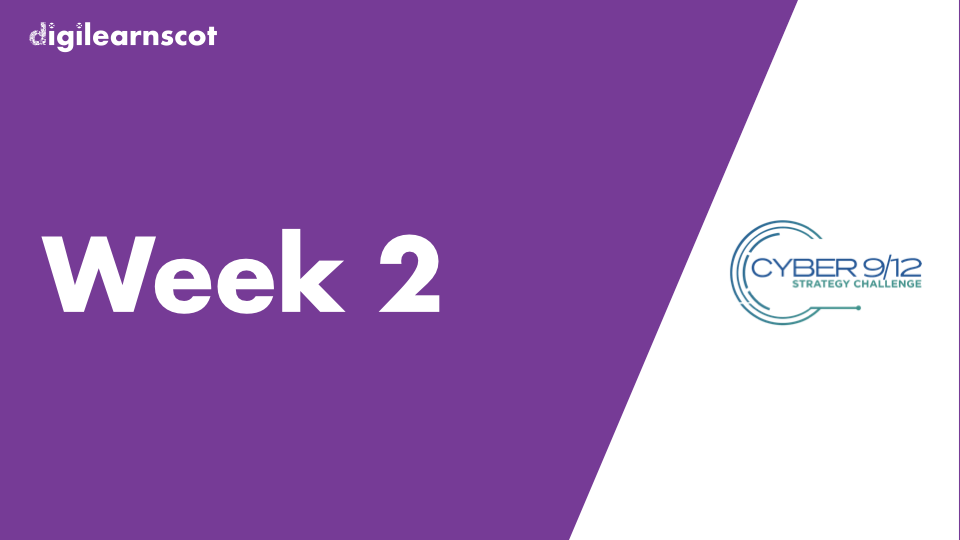
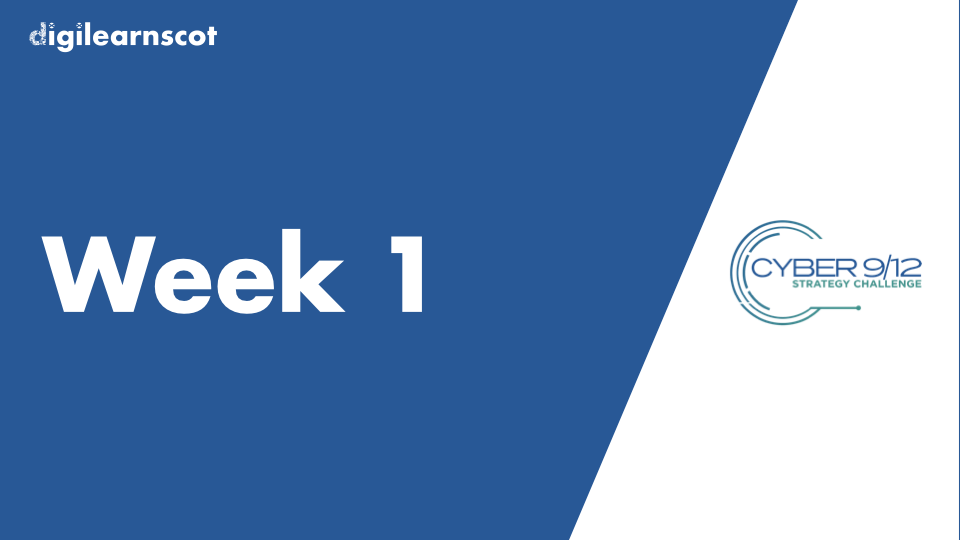



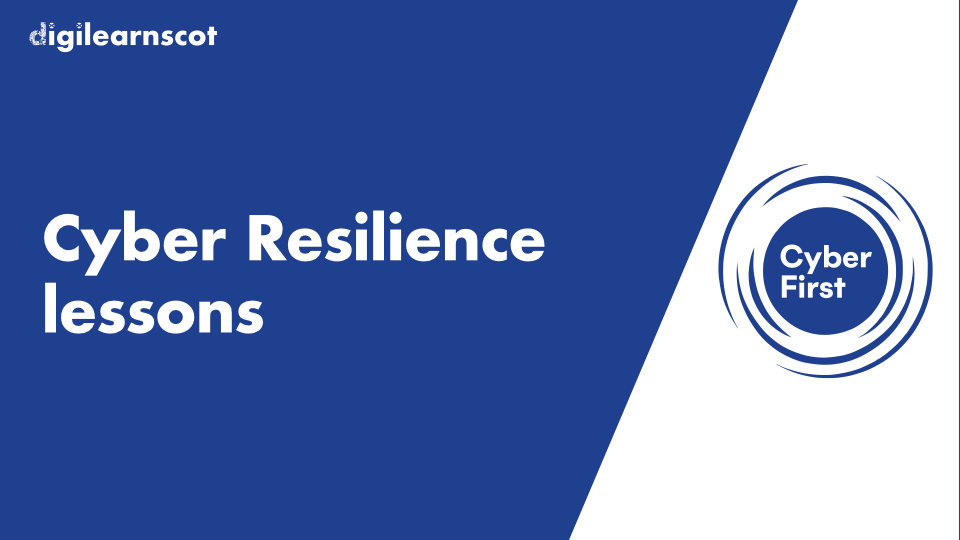
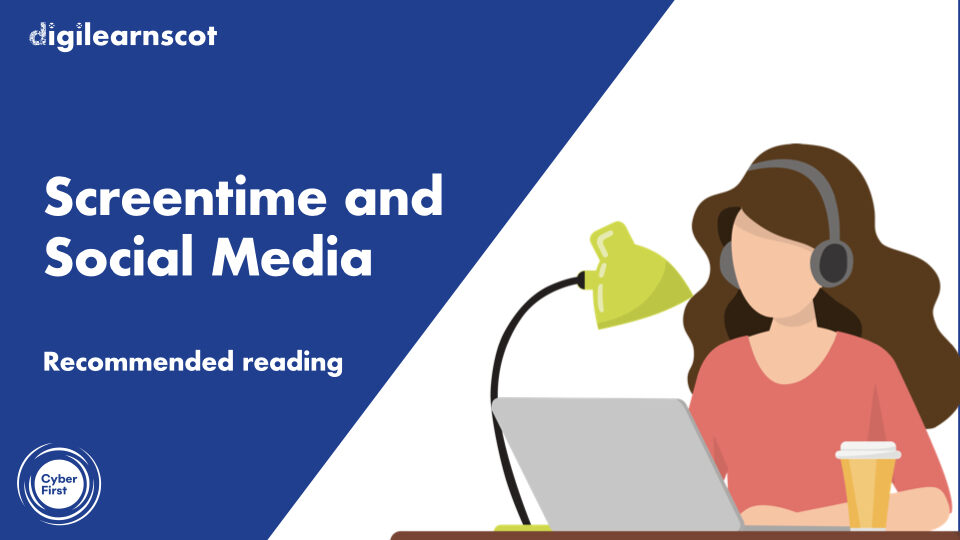
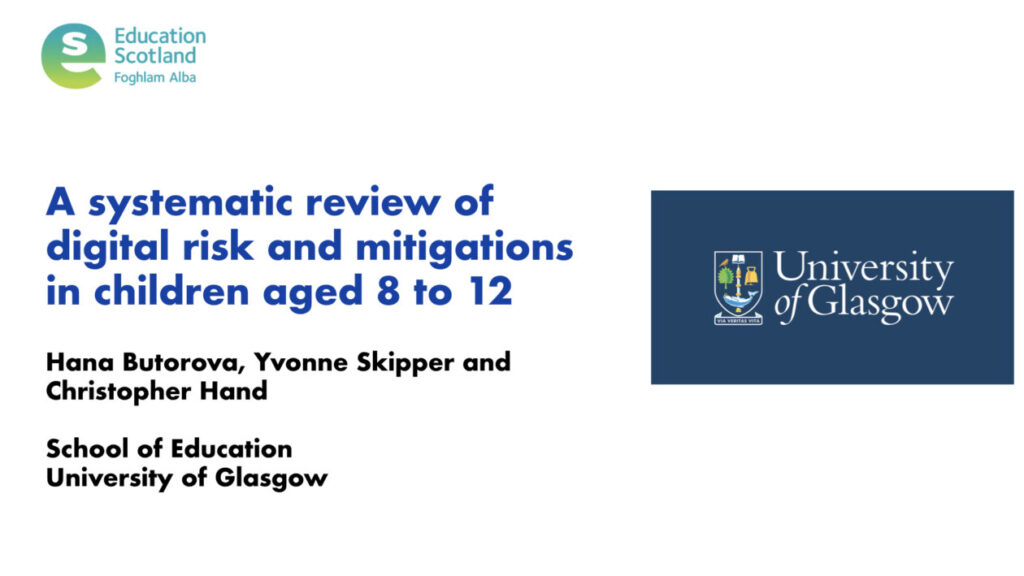
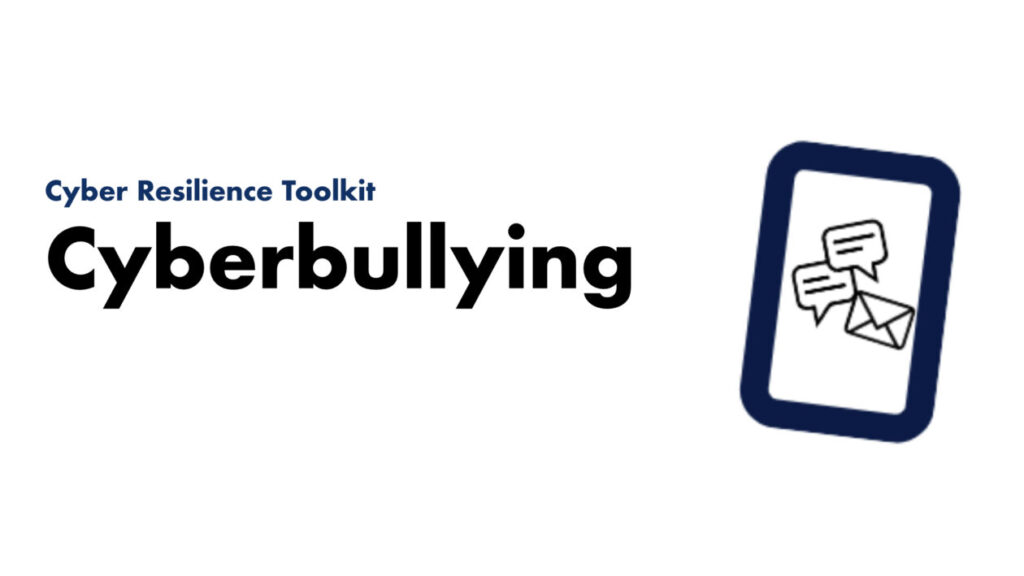
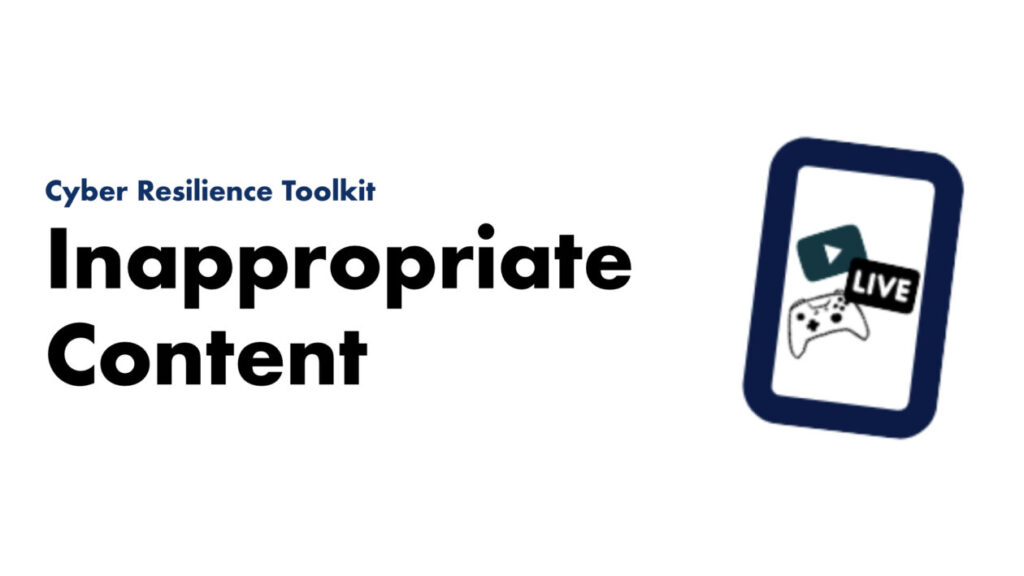
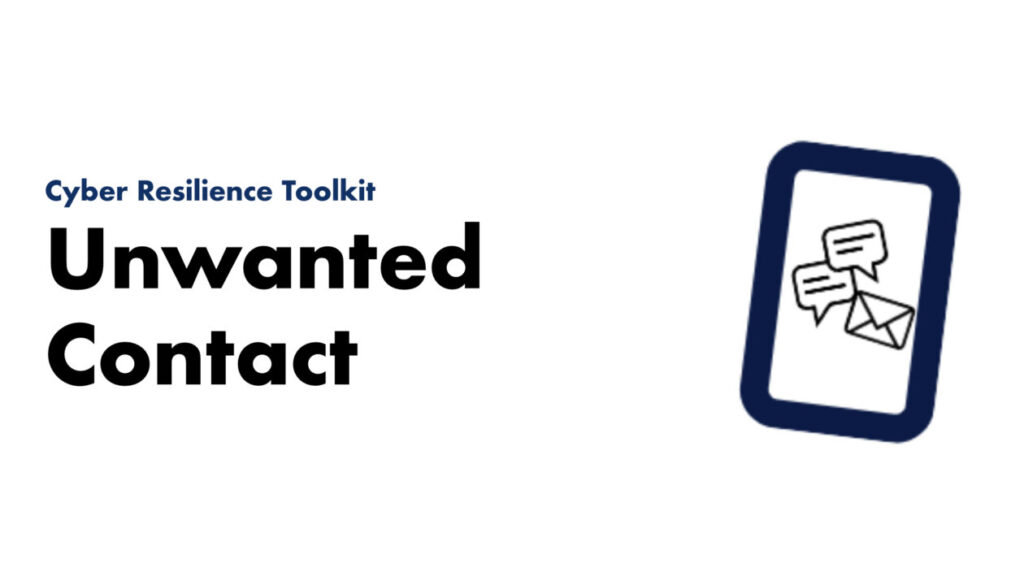
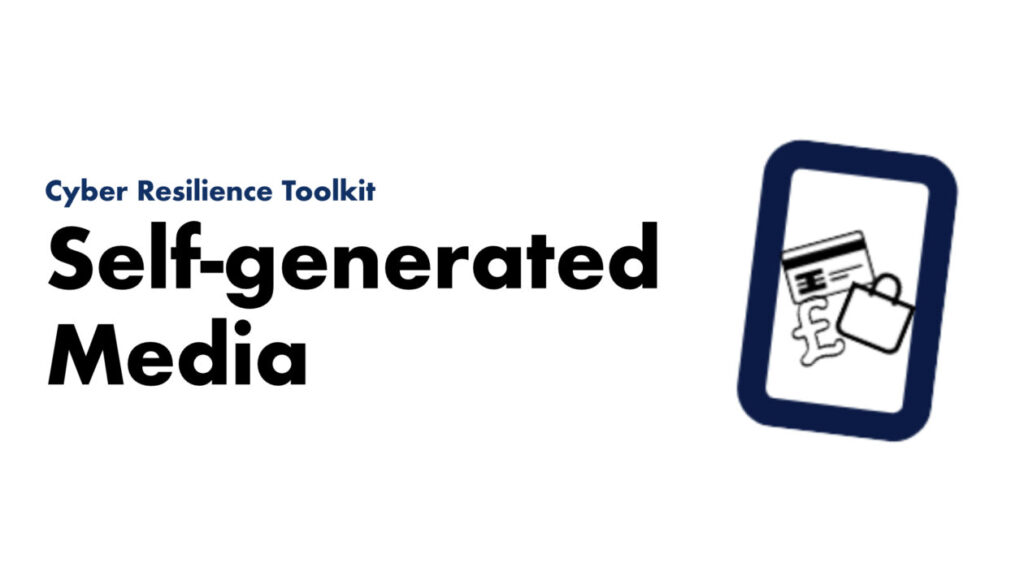

You must be logged in to post a comment.